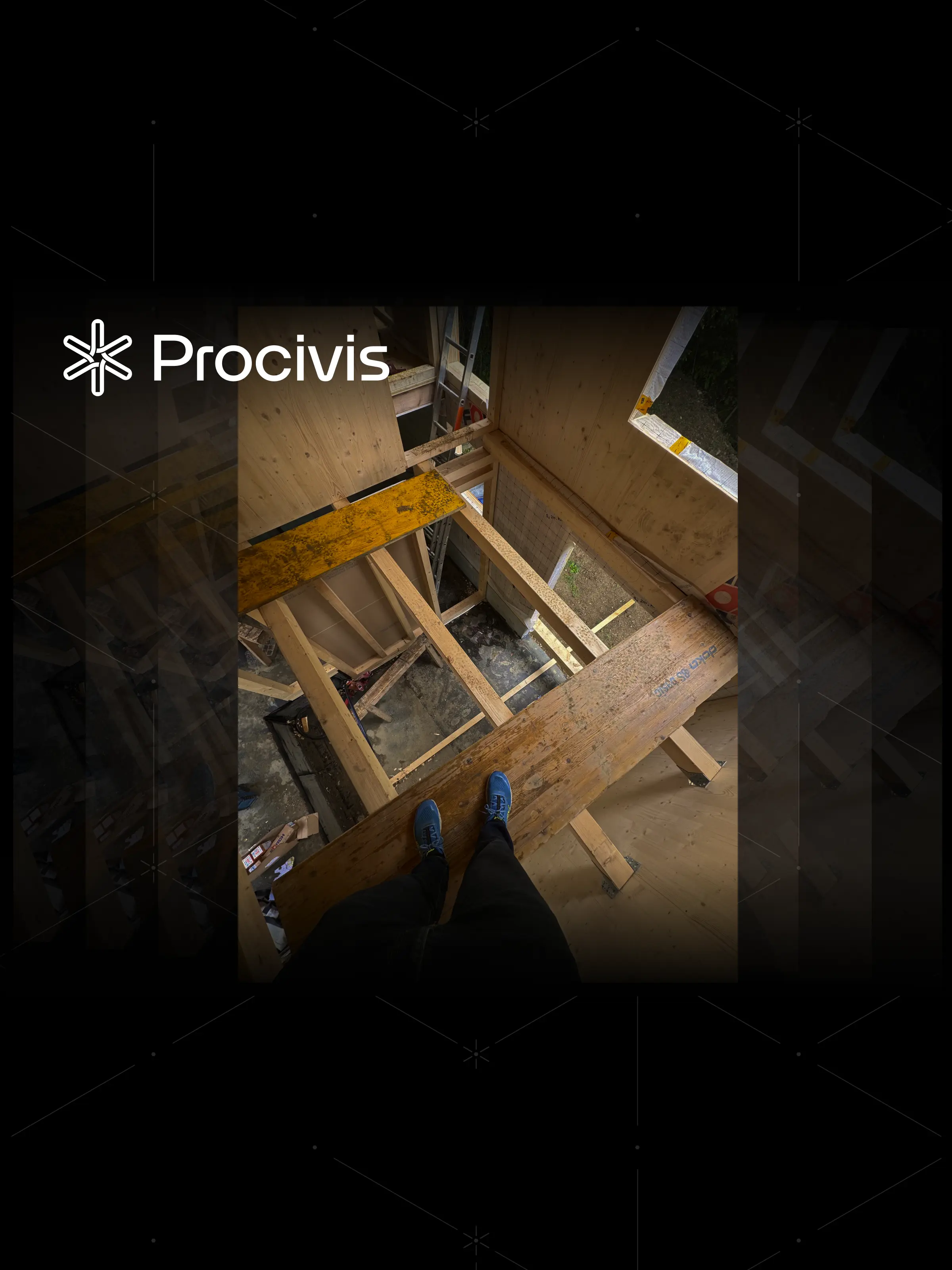The invention of the modern printing press, the telegraph and the railroad revolutionized society and the economy from the ground up. They fostered unprecedented economic growth but also gave rise to social ills and political tensions. Moreover, it was only thanks to these technologies that it was possible to carry out regular ballot polls. In this context, the citizens of Zurich approved a new cantonal constitution in 1869, in which for the first time in world history, the popular initiative and referendum were institutionalized. Other cantons followed suit, leading to the introduction of the referendum at the federal level in 1874 and the popular initiative in 1891. Since then, these instruments have been used intensively and have a significant impact on Switzerland’s institutions, policies and political culture. Barring the introduction of the postal vote in 1994, hardly anything appears to have changed for citizens since these beginnings.
On closer inspection however, numerous changes have occurred: We no longer need to sign petitions on the street but print out the appropriate form at home and drop the signed petition in the nearest mailbox. Only a minority reads news on paper, the majority informs themselves via radio, TV and, above all, the internet and social media. These platforms are also the ones who, in addition to search engines and e-commerce providers, have diminished the advertising revenues of traditional print media companies and undermine traditional journalism. On other online platforms, voting recommendations can be generated based on one’s individual profile. And since 2004, over 200 tests have been conducted with e-voting. However, the term e-voting is somehow misleading, as the voters still receive their access codes by mail. It has to be noted also that the current e-voting procedures are more complicated than the postal voting.
The current debate about the evolution of our democracy is dominated by one issue: the trustworthiness of e-voting. We consider this debate to be legitimate and important. At the same time, we are convinced that the time has come to tackle the digitization of the whole democratic process. In fact, it is already taking place today – albeit largely on commercial platforms, often hosted abroad. These fuel the profit maximization and not the rational arguments. Therefore, it is not surprising that we are now dealing with the question of whether obscure algorithms – in conjunction with Internet trolls and fake news – manipulate our free will.
If we want to strengthen our democracy, we must use the new technologies in such a way that they create democratic and constitutional added value. In particular, approaches based on blockchain technology and open-source thinking are appropriate here because transparency is not an option, it is the underlying foundation. Trust in complex systems is only conceivable when full disclosure is provided. For that reason, we plead for building a comprehensive public digital democracy infrastructure. Ideally, this results in an integrated platform through which citizens can articulate political issues, obtain information, discuss and legally vote. Only the public sector can credibly offer such an infrastructure. By doing so, we would be able to protect our democratic institutions from commercialization. And secondly, it will be possible to further innovate democratic institutions, as it happened 150 years ago, when the referendum and popular initiative were introduced.
by Daniel Gasteiger and Rolf Rauschenbach, Procivis AG






